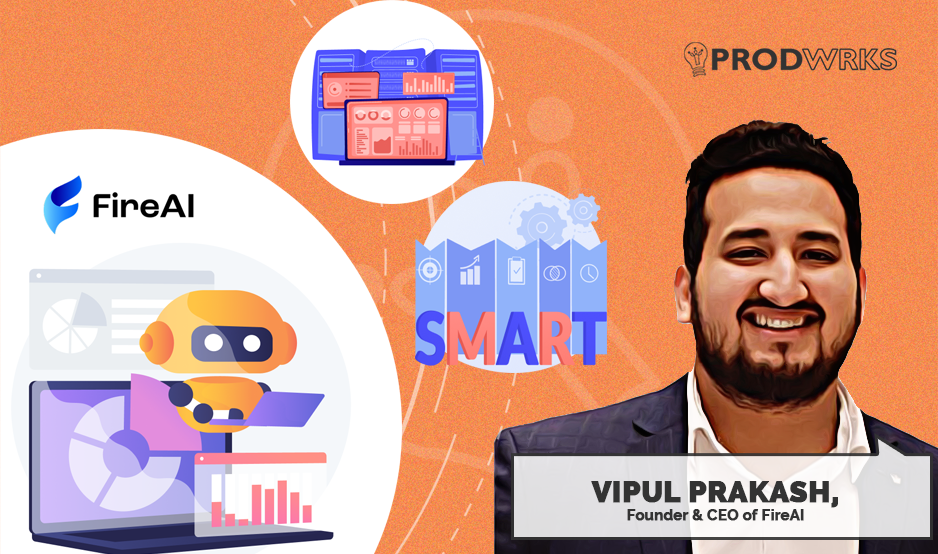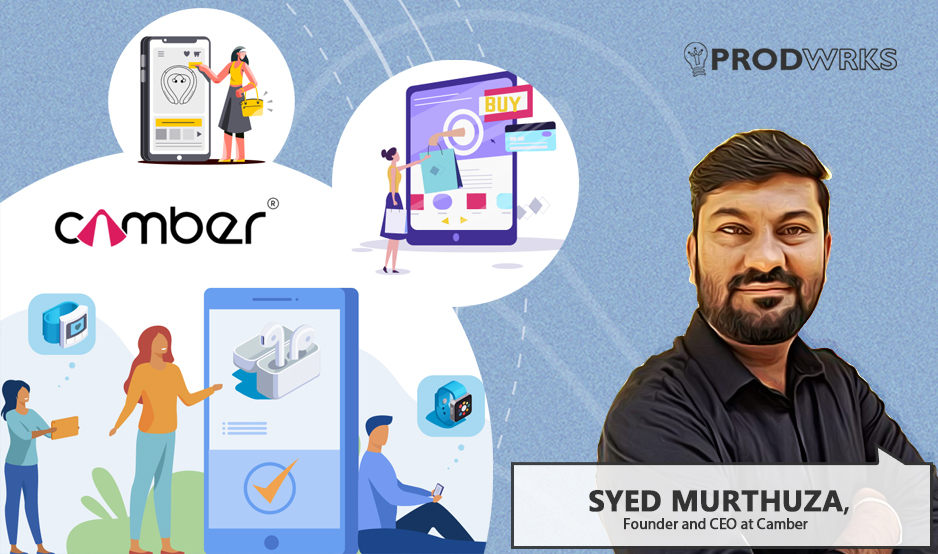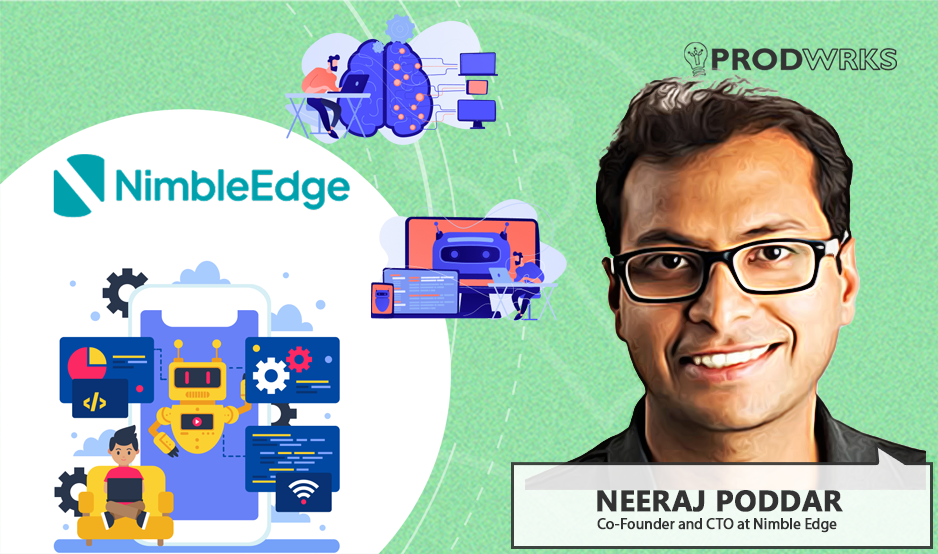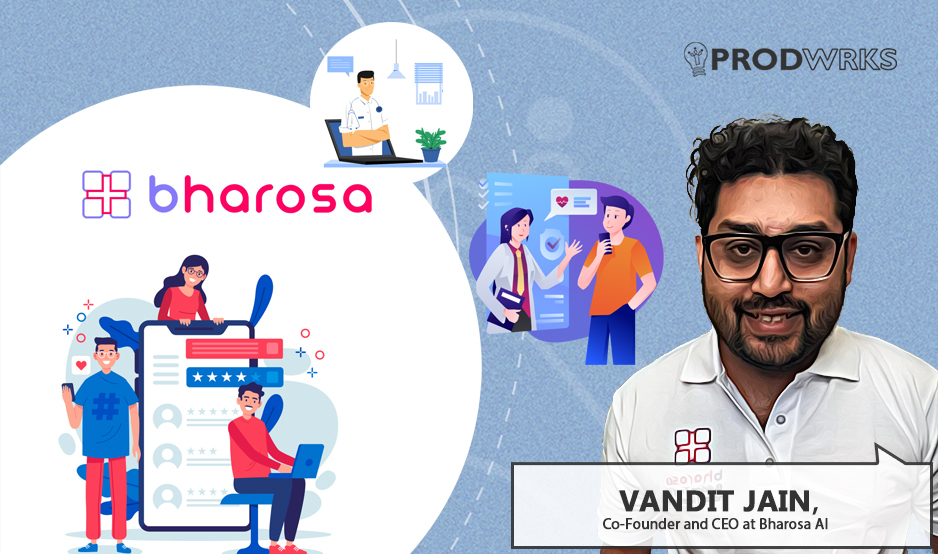
Avast majority of Micro, Small, and Medium Enterprises (MSMEs) which form the backbone of the Indian economy, have an ocean of untapped data. While larger corporations leverage sophisticated Business Intelligence (BI) tools and dedicated data teams to extract crucial insights, MSMEs frequently find themselves adrift, lacking the technical expertise and resources to navigate their own information.
This pervasive challenge, leading to missed opportunities and unsustainable growth in Indian MSMEs, is the problem solved by Fire AI, an AI-powered Business Intelligence platform with a conversational interface. Fire AI was founded in 2024 by Vipul Prakash, a seasoned product and growth leader with a background leading teams at Zomato, Delhivery, and BharatPe.
Vipul says, "In today’s age, if you don't track your data and metrics, your business is going to bleed and you won’t even know it. Hence, we want to solve that. We want to empower businesses and Fire AI is taking that responsibility."
Fire AI is rapidly gaining traction. Since commencing sales in early 2025, the company has already onboarded 53 clients, including major players like the Government e-Marketplace (GeM) and Isa Logistic, alongside pharmaceutical and D2C businesses.
This rapid growth, coupled with an undisclosed pre-seed funding round led by Venture Catalysts in July 2025, with participation from Gaurav Khatri (Co-founder of Noise), underscores the immense market need and the platform’s disruptive potential to tap into this opportunity.
Genesis of Fire AI
"We had three people, but nobody could bring out the insights from the data we were generating. There was a technical gap and there was a knowledge gap," Vipul recalls.
"Fire AI is built from the stakeholder's lens, not from a technical lens. As a stakeholder, what do I need? It should be simple, it should be intuitive, and it can get connected to my data sources where I'm generating this data."
The Three Pillars of Fire AI: Connect, Analyze, Automate
Fire AI operates on a straightforward, three-step principle:
1. Connect: The platform effortlessly links to over 700 data sources, from ubiquitous Excel sheets to enterprise systems like Tally, Oracle, MongoDB, and modern SaaS tools. This extensive connectivity addresses a major pain point for MSMEs, whose data often resides in disparate, unintegrated silos.
2. Analyze: Once connected, Fire AI processes all business data in real-time, providing instant insights through its intuitive conversational interface. Users can simply ask questions in natural language, and the AI will deliver comprehensive answers.
3. Automate: Beyond analysis, Fire AI automates reporting and analytics workflows, and even user access control, ensuring that businesses receive timely, relevant information without manual intervention.
With this simple first-principles-based approach, Vipul believes Fire AI solves the universal need for accessible business intelligence for MSMEs globally, not just India.
He says, "We saw that this is not only the problem of Indian business. This is also a problem of Dubai, Africa regions. So we had got a channel partner over there as well."
From Data Chaos to Clarity
"When we started, we thought we'd connect easily to the database (DB) of businesses and get those answers. But we saw that there was no DB for most MSMEs. All their data is going to somebody else. Mostly it goes to the providers of various software services they use for their business operations."
This led to a significant pivot in Fire AI’s development. They built a robust ETL (Extract, Transform, Load) system with 700 universal connectors, capable of integrating with everything from Tally to Google Analytics and even cleaning up disparate Excel sheets where MSMEs maintain records.
By taking the responsibility to handle the complexities of data ingestion, Fire AI removes a major barrier for MSMEs, allowing them to focus on understanding their business rather than wrangling with data.
Unlike traditional BI tools that demand specialized talent (data scientists and analysts), Fire AI makes data analytics accessible to everyone.
"Power BI is very complicated. You need to hire a person, pay the market rate for salary which can go up to one lakh rupees or more, who will operate your Power BI. So, you’re essentially paying for two things - one is a product cost, and the other is human resource cost," Vipul points out, highlighting the prohibitive cost for many small businesses.
Even after this hassle, the business manager or the owner have to wait for hours or days to get the reports. Vipul says that Fire AI, in contrast, offers instant answers and automated reports, directly addressing the need for speed and efficiency in today’s fast-paced business world.
Vipul paints a vivid picture.
"Imagine this. One stakeholder is going for a meeting in Delhi. He's sitting outside the boardroom. He takes out the Fire AI, starts asking questions. He gets all those answers he needs for the meeting. He can even automate these report generation in-flight. Fire AI will analyze it beautifully and summarize it for him before his meeting starts."
Conversational Intelligence and Causal Chains
Vipul gave us a walkthrough of Fire AI. The product features two primary engines: 1. An answering engine and 2. A reporting engine. The platform’s capabilities goes beyond just presenting data. It understands business dynamics and team structures and tailors its reports or answers accordingly.
The conversational interface allows users to simply type their questions, and the AI, powered by an LLM and agentic AIs, translates these into SQL queries, providing accurate and contextually relevant answers.
"The LLM is the powerhouse. It’s like a kitchen. It provides food to all the people in all the rooms. But we have made sure that there are also these agentic AIs which understand each domain very well, industry very well, and then give those contextually relevant answers to different teams in a business."
This multi-agent architecture allows Fire AI to serve diverse verticals, from finance and HR to logistics and sales. A particularly exciting development on the horizon is the introduction of a causal chain feature.
"Causal chain is something where a stakeholder can ask the AI ‘why’ their sales performance has de-grown. The AI can respond that your sales has de-grown because, for example, your marketing was less in a period of time or what went wrong in marketing.”
"This is something which is very new. This is not there in Power BI, it's not there in Tableau as well at the scale in which we provide. This is what the Make in India is all about. We are not stuck to only making a data analytics or advanced data analytics plan. What we try to make is a brain that sits at your business and it helps you. And we have built it in India."
The Human Touch
While Fire AI is a testament to cutting-edge technology, Vipul emphasizes the importance of a human-centric approach and why technology alone isn’t enough. He emphasizes that education and support are equally crucial.
The company offers analyst support, going beyond the self-service model. This hands-on approach ensures that clients, regardless of their technical proficiency, can fully leverage the platform’s capabilities. A dedicated team also ensures smooth onboarding and ongoing support.
"If you buy Fire AI, we will not tell you to figure it out. We will give you training, assemble everything, make sure everything is there for you, and you understand everything," says Vipul.
Iteration and Impact: Building a Product from Feedback
"The entire product is built based on customer feedback. We only had an idea and a theory for such a system. We went to the market with our ideas and hypotheses. The market then gave us the information and feedback. We took it, we developed it, and that is how it still is, baked into our processes."
"When we connect the chat with the visualization tool, it becomes more powerful. Subsequent feedback led to the development of predictive analytics and the causal chain feature, demonstrating Fire AI's responsiveness to evolving customer needs.”
"We made sure that their processes are correctly done, and we saved Rs. 24 lakhs for them. This direct ROI, achieved through a simple change and one simple tweak underscores the profound financial benefits Fire AI brings to its clients.”
The Challenge of Building AI Teams
"Getting AI manpower was a challenge. People were not able to understand how to do it. Most of the qualified AI engineers are all occupied by the enterprise," says Vipul.
GTM Strategy and Future Vision
Fire AI’s go-to-market (GTM) strategy has been largely driven by founder-led sales in its early stages. Most clients come from Vipul’s contacts by leveraging his “12+ years industry experience”. Since their sales commenced in April 2025, Fire AI has onboarded 53 clients.
As the company scales, it is expanding its sales team and actively pursuing channel partnerships. Integrations with existing ERP software providers are also a key part of the strategy, allowing Fire AI to reach a broader base of users through established platforms.
Looking ahead, Vipul Prakash has a clear, ambitious long-term vision for Fire AI to “create an AI brain which sits at the top of business”. He says, “However big your businesses are, you can always have Fire AI and start asking, it will help you. It will empower that.”
His ultimate goal is to build a product “from India for the world,” one that challenges global leaders in advanced data analytics. Meanwhile, the evolution of AI remains a constant focus. Vipul is particularly excited about the potential of predictive analysis in various sectors, especially supply chain where Fire AI could be used to understand historical data, identify trends, and leveraging causal chains to pinpoint the exact drivers of business performance.



